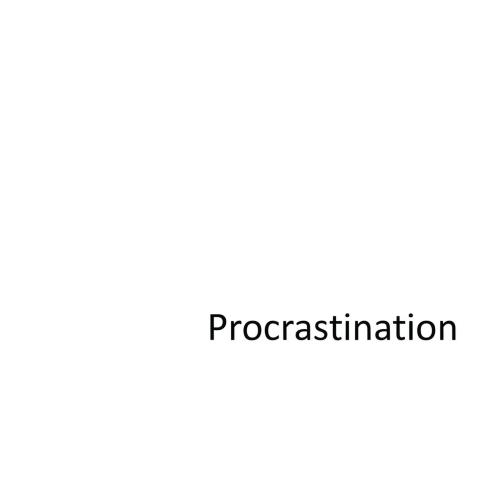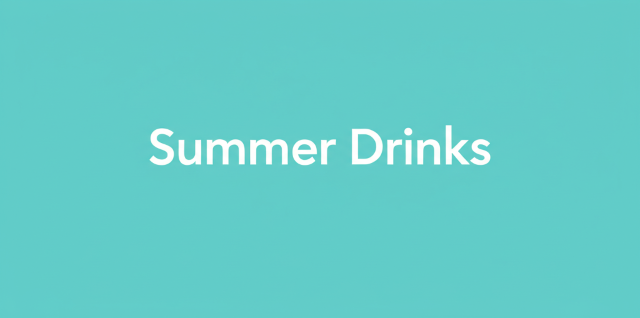
Rest is the Best
In our always-on, hustle-hard culture, the idea of rest often gets pushed to the bottom of the to-do list. We're told to grind, to push harder, to achieve more. But what if the key to unlocking our full potential, to boosting our productivity and improving our overall well-being, isn't about doing more, but about resting better?
This isn't about laziness or procrastination. This is about understanding the vital role rest plays in our physical and mental health, our relationships, and our success. Rest is not a luxury; it's a necessity. It's the foundation upon which a fulfilling and productive life is built.
The Science of Rest
Our bodies and minds are not designed to operate at full throttle indefinitely. We need time to repair, rebuild, and recharge. During sleep, our bodies release hormones that promote growth and repair, while our brains consolidate memories and process information. Without adequate rest, these crucial processes are hampered, leading to a cascade of negative consequences.
Lack of sufficient rest can lead to:
- Reduced cognitive function: Difficulty concentrating, poor memory, impaired decision-making.
- Weakened immune system: Increased susceptibility to illness.
- Mood disturbances: Irritability, anxiety, depression.
- Increased risk of chronic diseases: Heart disease, diabetes, obesity.
- Reduced productivity: Difficulty focusing and completing tasks.
- Increased risk of accidents: Due to fatigue and impaired judgment.
The science is clear: rest is not optional. It's essential for our health and well-being.
Different Types of Rest
Rest isn't just about sleep, although that's a crucial component. There are many forms of rest, and we need a variety of them to truly feel rested and rejuvenated. These can include:
- Physical Rest: This involves giving your body a break from strenuous activity. This could mean taking a nap, going for a gentle walk, stretching, or simply sitting quietly.
- Mental Rest: This is about giving your mind a break from constant stimulation. This could involve meditation, mindfulness exercises, spending time in nature, reading a book, or engaging in a hobby that doesn't require intense focus.
- Emotional Rest: This involves protecting yourself from emotional stressors. This might mean setting boundaries, saying no to commitments that drain you, spending time with loved ones who support you, or practicing self-compassion.
- Sensory Rest: This is about reducing sensory overload. In our busy lives, we're constantly bombarded with sights, sounds, and other stimuli. Sensory rest might involve spending time in a quiet, dimly lit space, turning off electronic devices, or listening to calming music.
- Social Rest: This involves taking a break from social interactions, especially those that are draining or stressful. This might mean spending time alone, limiting your time on social media, or politely declining social engagements when you need to recharge.
How to Prioritize Rest
Prioritizing rest requires a conscious effort and a shift in mindset. Here are some practical strategies to incorporate more rest into your life:
- Establish a regular sleep schedule: Aim for 7-9 hours of sleep per night, going to bed and waking up around the same time each day, even on weekends.
- Create a relaxing bedtime routine: Wind down an hour or two before bed with calming activities such as taking a warm bath, reading a book, or listening to relaxing music.
- Optimize your sleep environment: Ensure your bedroom is dark, quiet, and cool.
- Schedule regular breaks throughout the day: Take short breaks every hour to stretch, walk around, or simply close your eyes and breathe deeply.
- Practice mindfulness and meditation: Even a few minutes of daily mindfulness can significantly reduce stress and improve focus.
- Spend time in nature: Studies have shown that spending time outdoors can reduce stress and improve mood.
- Set boundaries: Learn to say no to commitments that drain your energy and time.
- Engage in activities you enjoy: Make time for hobbies and activities that bring you joy and relaxation.
- Connect with supportive people: Spend time with loved ones who make you feel good.
- Practice self-compassion: Be kind to yourself, especially when you're feeling stressed or overwhelmed.
The Benefits of Rest
The benefits of prioritizing rest extend far beyond simply feeling less tired. When we adequately rest, we experience numerous positive effects, including:
- Improved physical health: Stronger immune system, reduced risk of chronic diseases.
- Enhanced mental clarity: Sharper focus, better memory, improved decision-making.
- Increased emotional resilience: Better able to cope with stress and adversity.
- Greater creativity and productivity: Fresh perspectives and renewed energy.
- Improved relationships: More patience, empathy, and understanding.
- Increased overall well-being: Greater sense of contentment and life satisfaction.
Rest as a Competitive Advantage
In today's competitive world, prioritizing rest isn't just good for your health; it's a competitive advantage. When you're well-rested, you're more focused, creative, and productive. You're better able to handle stress and make sound decisions. This translates to better performance at work, stronger relationships, and a more fulfilling life overall.
Conclusion
Rest is not a sign of weakness; it's a sign of wisdom. It's an investment in your physical and mental health, your relationships, and your success. By prioritizing rest, you're not just taking care of yourself; you're setting yourself up for a more fulfilling and productive life. So, embrace the power of rest. Your body and mind will thank you for it.

